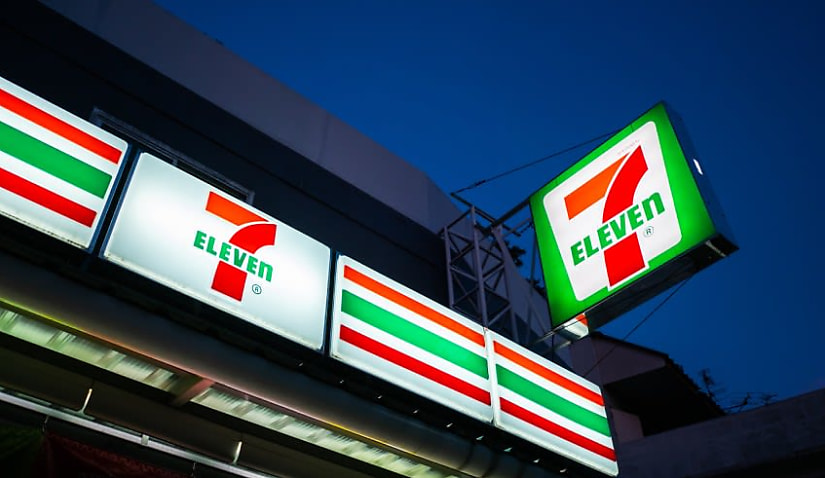Powered by MOMENTUM MEDIA
The funder of two class actions against 7-Eleven and ANZ Bank will be paid more than $24 million in commission after it successfully appealed the Federal Court’s settlement approval.

Litigation funder Galactic persuaded the full Federal Court’s Justices Craig Colvin, Bernard Murphy and Michael Lee to scrap Justice David O’Callaghan’s $12 million funding equalisation order in favour of a common fund order (CFO) in the sum of $24.5 million.
But on Thursday (2 May) morning, the appeal bench found Justice O’Callaghan erred in finding the court did not have the power and for refusing to make the CFO “on the basis that he did”.
“I am satisfied that such an amount is commercially realistic and properly reflects the costs and risks Galactic took on by funding the proceedings,” Justices Colvin, Murphy and Lee determined.
The first of the class actions alleged that 7-Eleven’s standard Franchise Agreement in its fuel and convenience stores contained unfair contractual terms and were unconscionable under consumer law.
According to Levitt Robinson, the firm leading the class action, 7-Eleven allegedly lured operators into becoming franchisees, but they were unable to make a profit unless they underpaid staff.
The second alleged ANZ Bank breached its prudential obligations under the Code of Banking Practice by lending to buy into the franchise system, often up to 100 per cent of the franchise license.
In August 2021, the applicants, including Davaria Pty Limited and Kaizenworld Pty, and 7-Eleven reached an in-principle settlement in the sum of $98 million, which was approved by Justice O’Callaghan.
In a statement after the settlement was approved, 7-Eleven’s chief executive, Angus McKay, said they were “pleased this matter has reached an acceptable resolution” and it is already seeing “positive results”.
Under the settlement, applicants were to receive a payment from 7-Eleven for the early surrender of their franchises.
In the most recent judgment, the appeal bench said this settlement approval process went “off the rails” when the applicants, Galactic, and contradictors appointed to represent the group members’ interests all adduced expert evidence into Galactic’s CFO request.
As a result, the approval application occupied six hearing days and involved a “huge expenditure of time and resources” by the solicitors for the applicants, the contradictor, Galactic and the court.
We're evolving — and so should your insights. Heads up — Lawyers Weekly is going premium from 1 May for just $5 a month. Stay informed without missing a beat. More information coming soon.

Naomi Neilson is a senior journalist with a focus on court reporting for Lawyers Weekly.
You can email Naomi at: